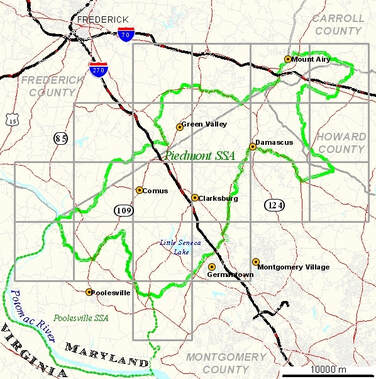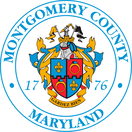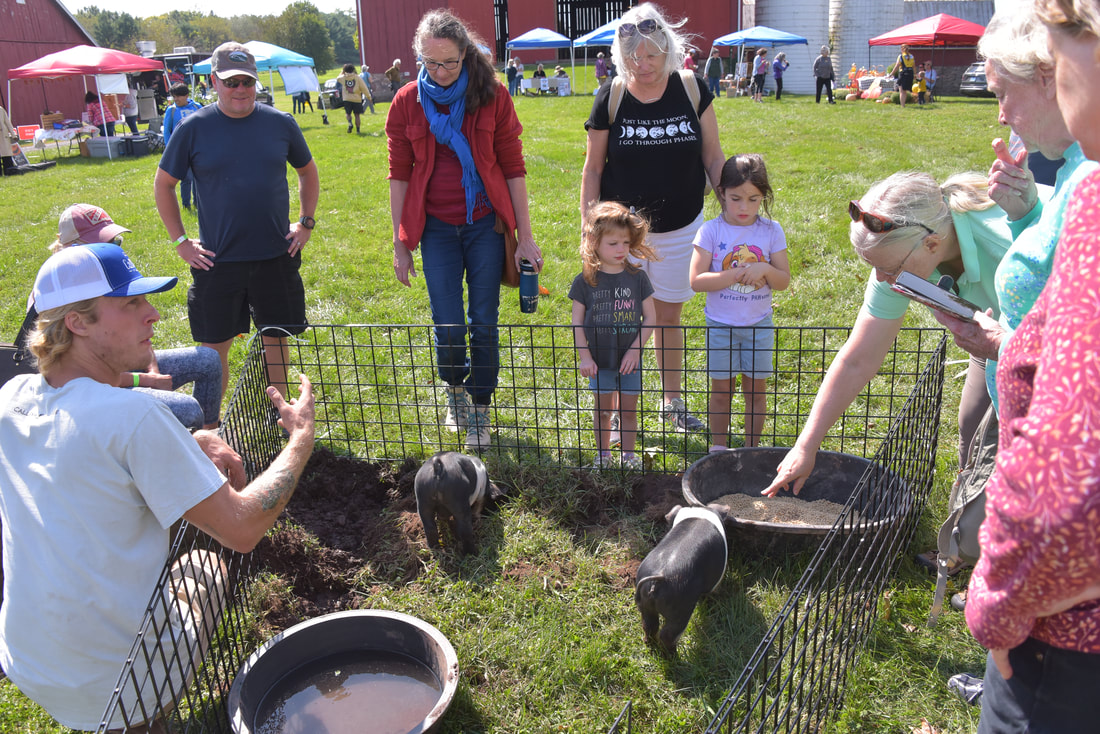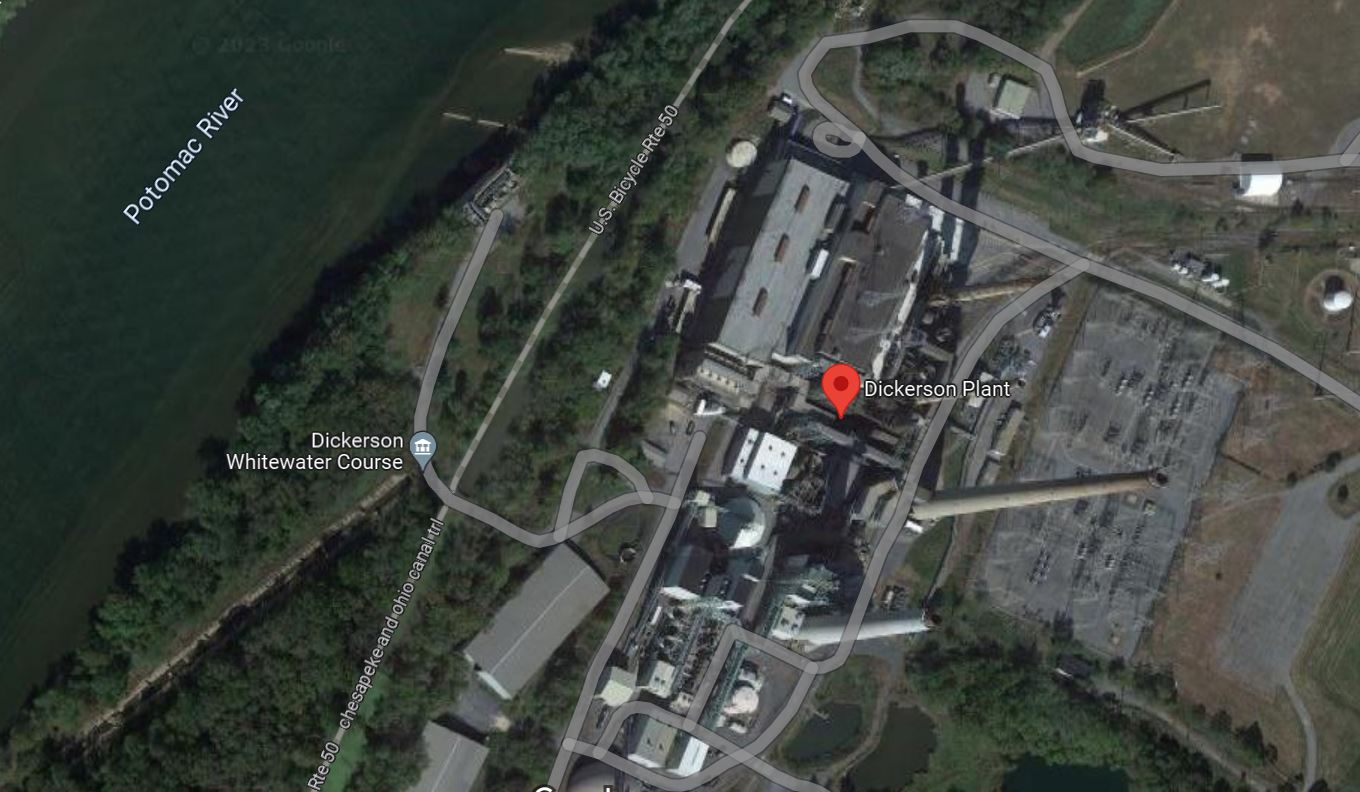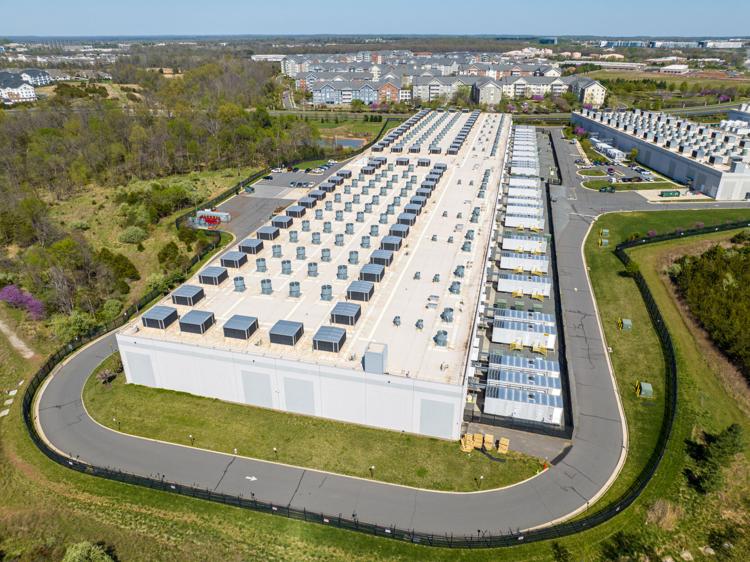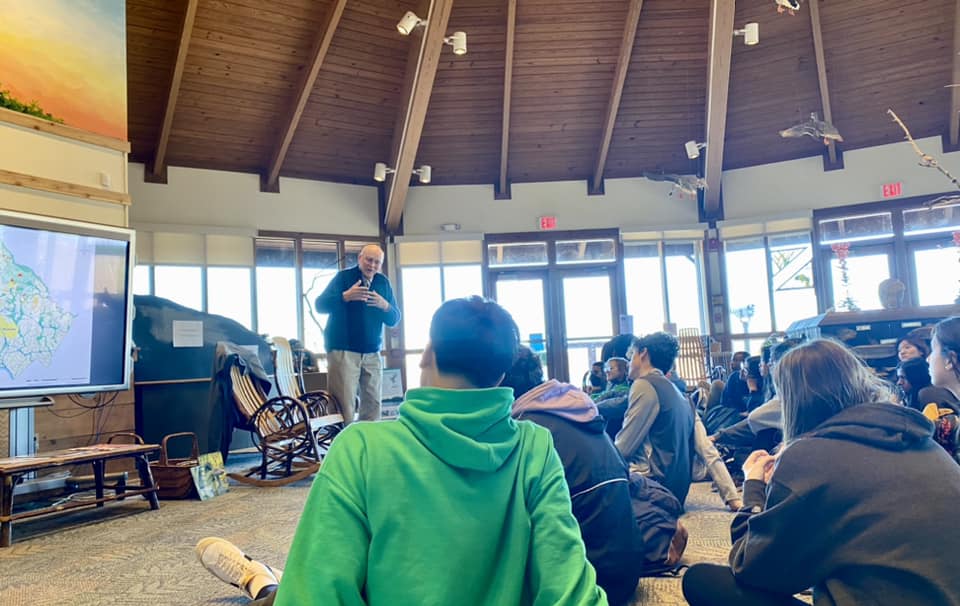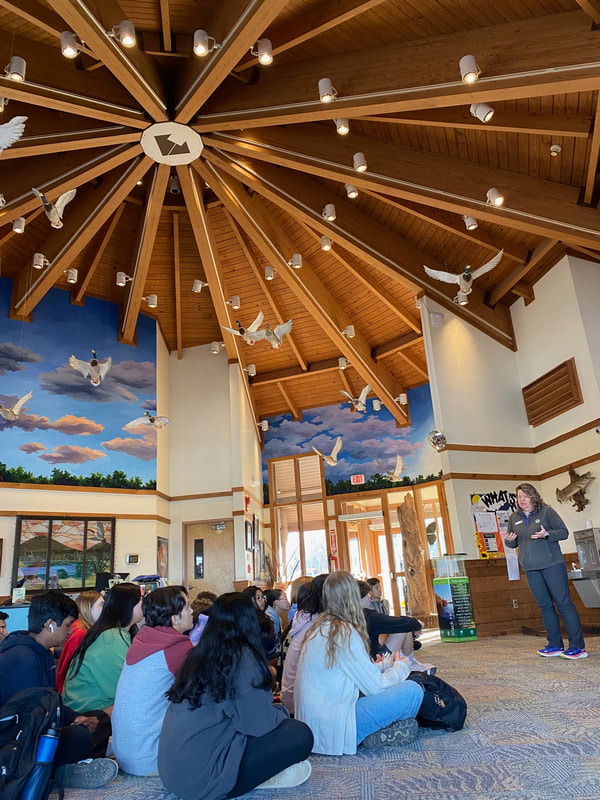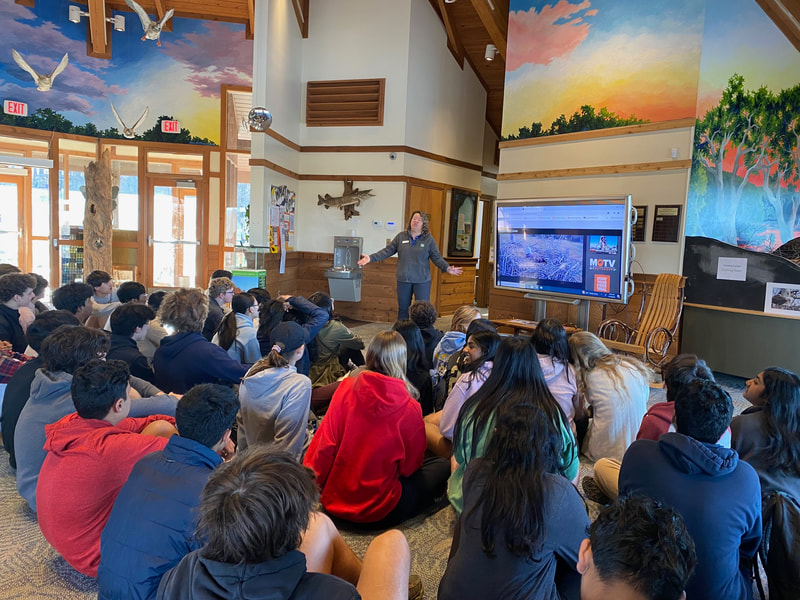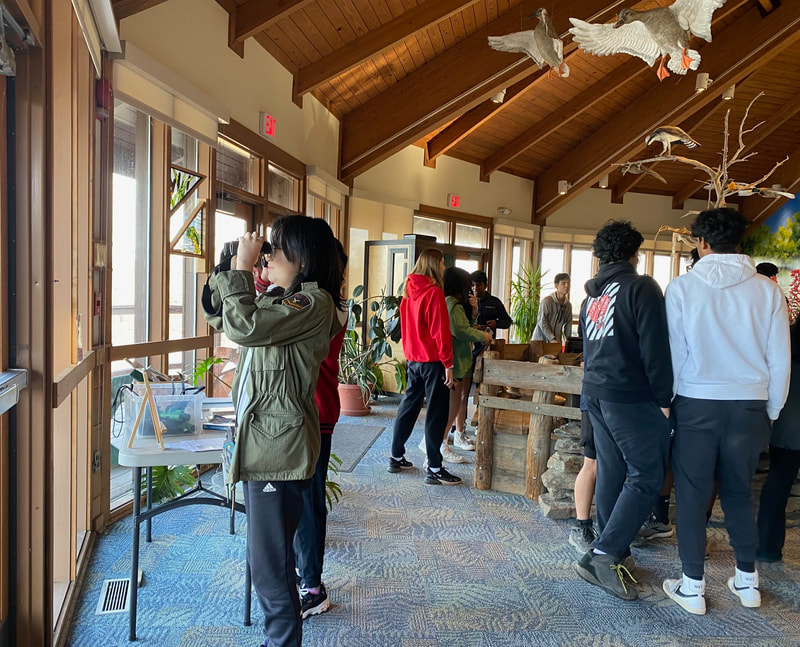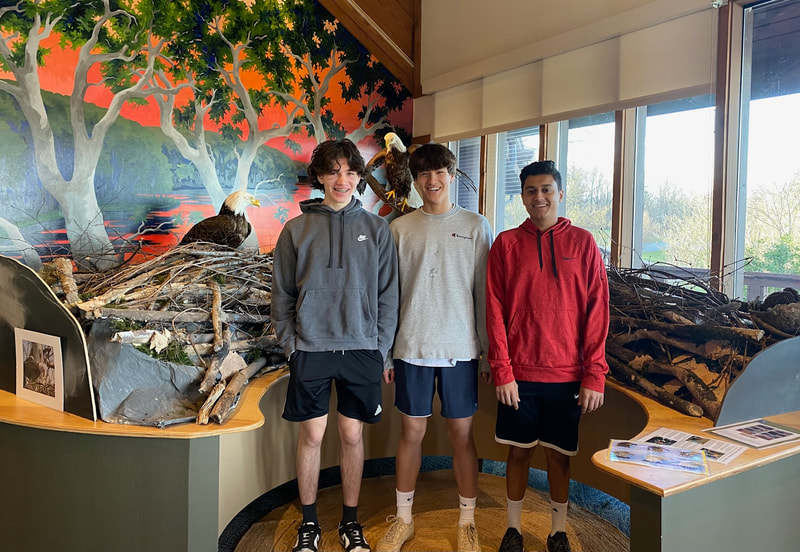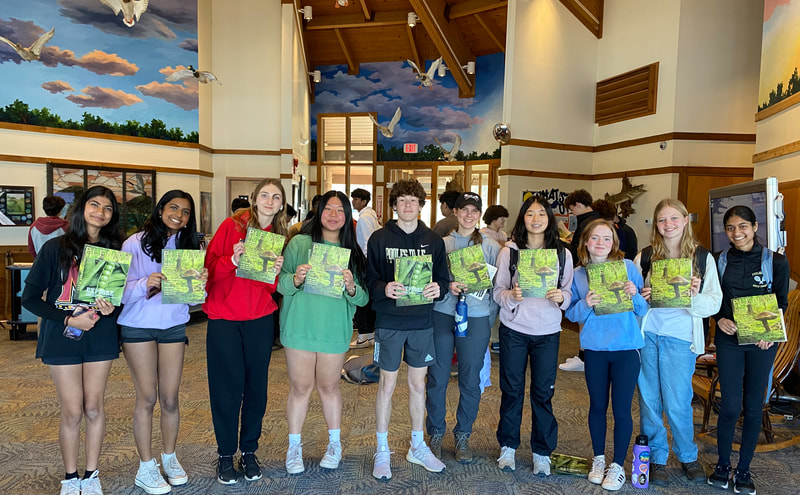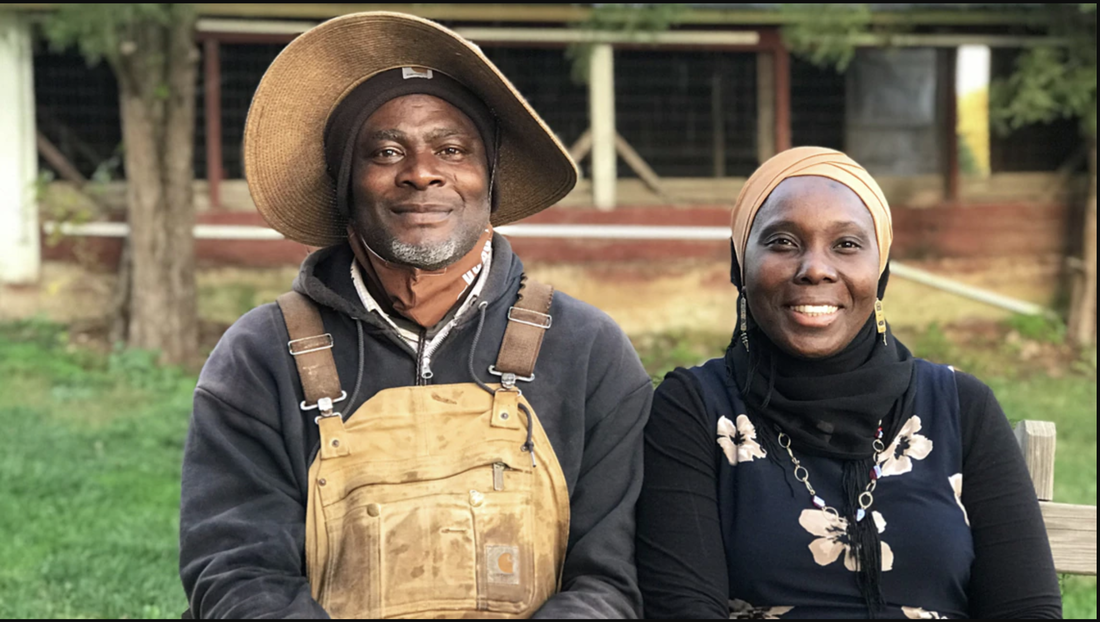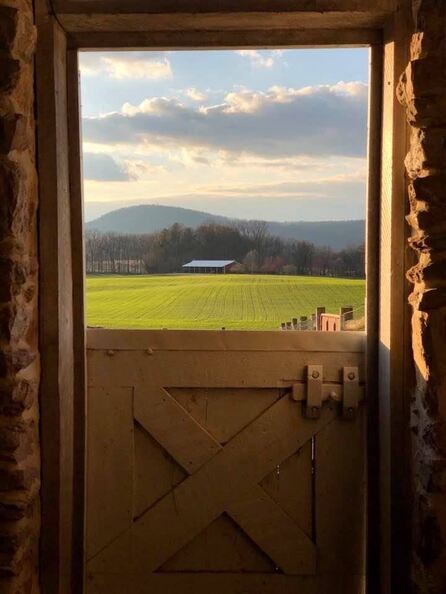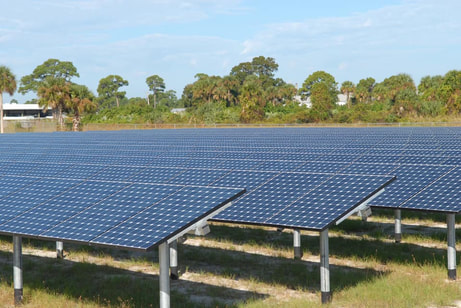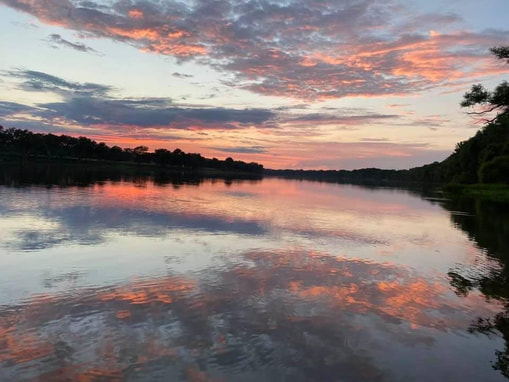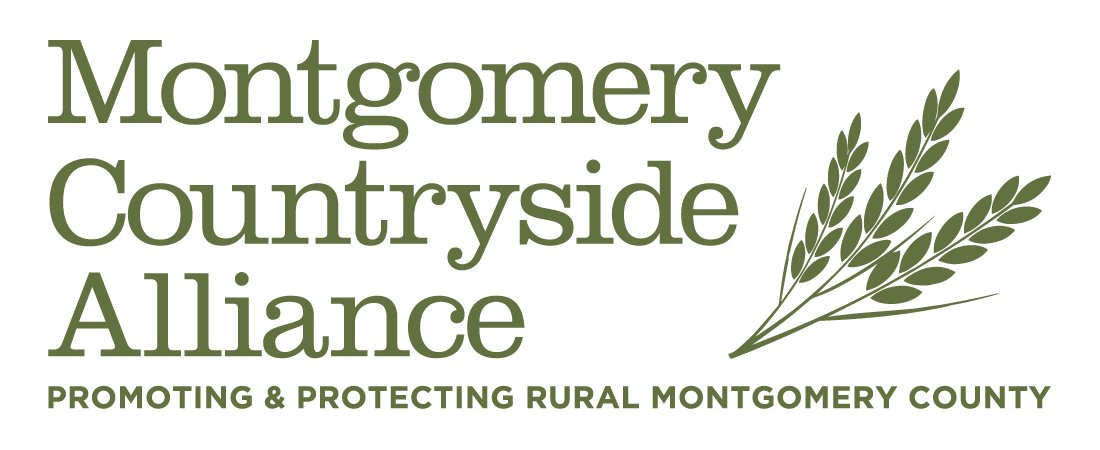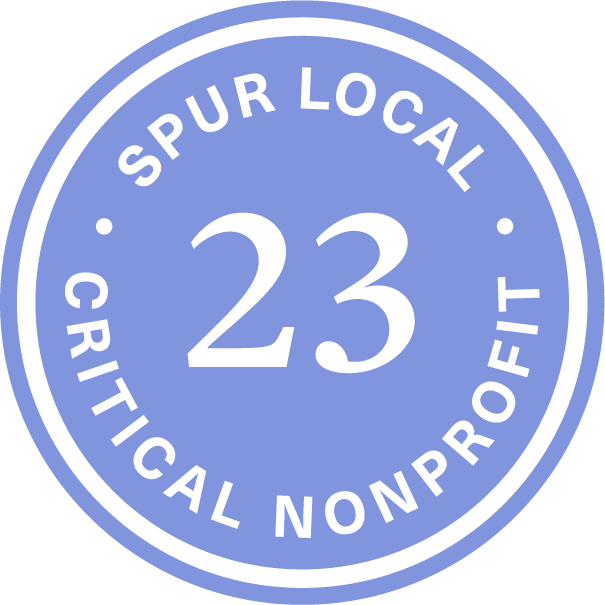Also the Press Release
See key results that indicate that unconfined aquifer such as the Piedmont Sole Source Aquifer will be significantly affected by climate change.
It required a public information act and multiple follow up inquiries by our colleagues at PEER on our behalf to gain the release of this report.
Also: See this notice from the Town of Poolesville asking residents to commit to voluntary water restrictions as a result of drought.
The Local Climate Report from Potomac Conservancy
Good, accurate, up-to-date data will best inform the Town's comprehensive plan, helping to stave off future water availability issues and further degradation of area streams that flow into the Potomac River upstream from the WSSC water system intake. We are heartened to hear that the Town is receptive to Hammond's reporting.
An extensive summary of Mr. Hammond's study as presented to the Poolesville Commissioners can be found here.
The final report can be found here - a fully formatted version is forthcoming.
So what now?
MCA is pleased to announce that this aquifer study is the first part of a multi-year research and outreach campaign to bring attention and action around safeguarding upcounty water resources. Please stay tuned for ways to get involved coming soon! In the meantime - check out these water conservation tips and septic tips.
Understanding Groundwater in the Ag Reserve
Climate Change will impact the water supply, time to start preparing
ICBRB Releases Future Water Use Report - Spurring search for water to supplement Potomac and provide regional resiliency
WTOP: "We need to get started now": If the Potomac is compromised the region has a two day supply of water. The reporting and funding is now in place to build resiliency, but how?

